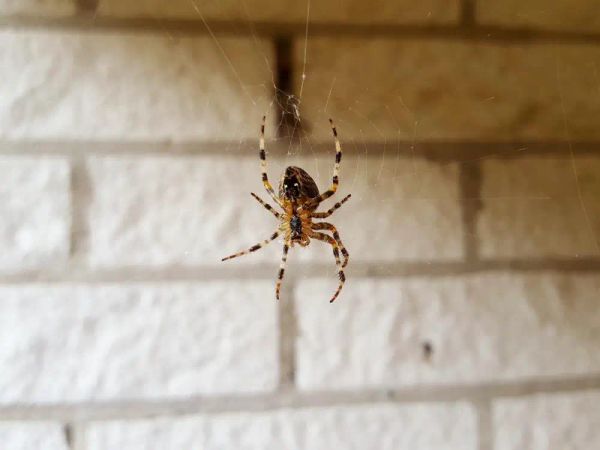Why Vacuuming Spiders Isn’t the Solution
Are you one of those people who cringe at the sight of a spider in your home? You’re not alone! About 40% of people react with fear when they encounter a spider. It’s no wonder that many of us resort to vacuuming them up as a quick solution. But here’s the thing: vacuuming spiders might not be as effective as you think. In fact, it could make the situation worse.
Vacuuming spiders may not kill them, and even if they do die, it doesn’t guarantee that they won’t come back or that you’ve solved the issue entirely. Some spiders can survive the trip inside the vacuum cleaner. They can find food crumbs or particles and continue to thrive even after being trapped inside.
The Survival Instinct of Spiders
Spiders are incredibly resilient creatures. They have a survival instinct that allows them to go without food for up to 200 days. So when you vacuum them, you may only be putting them in a survival state. And guess what? They can escape the vacuum by following the light at the end of the hose and find their way back into your home in no time.
Why Spiders Are Actually Beneficial
Before you rush to get rid of spiders, it’s important to understand the important role they play in the ecosystem. Spiders are natural predators of common household pests like flies, mosquitoes, and gnats. By keeping these insects in check, spiders contribute to a healthier living environment. So having a few spiders around can actually reduce the presence of other unwanted bugs in your home.
Killing spiders not only removes these natural pest controllers but also disrupts the delicate balance of your indoor ecosystem. But don’t worry, there’s a way to deal with spiders that is both humane and eco-friendly.
A Humane and Eco-Friendly Method for Dealing with Spiders
If you find a spider in your home and want to remove it, here’s what you can do:
- Get a Glass and Paper: Gather a regular drinking glass and a piece of sturdy paper.
- Capture the Spider: Slowly approach the spider and carefully place the glass over it, trapping it inside.
- Slide the Paper Underneath: Once the spider is safely contained in the glass, gently slide the paper underneath it. Make sure to move slowly to avoid harming the spider.
- Release It Outdoors: Carry the glass and paper to the nearest exit and release the spider outside, away from your home. This gives the spider a chance to continue its life in its natural habitat while keeping your home spider-free.
Long-Term Strategies to Manage Spiders
In addition to removing individual spiders humanely, there are a few preventative measures you can take to reduce the chances of them entering your home:
- Seal Entry Points: Check windows, doors, and any cracks or gaps in your home’s foundation. Sealing these entry points can help keep spiders—and other insects—out.
- Reduce Clutter: Spiders love dark, undisturbed areas, so reducing clutter in your home, especially in basements, attics, and storage areas, can make it less appealing to them.
- Clean Regularly: Vacuuming and dusting regularly helps remove not only food crumbs but also the webs that spiders build to catch prey. By keeping your home clean, you reduce the food sources that attract both spiders and the insects they feed on.
- Use Natural Repellents: Certain essential oils, such as peppermint, eucalyptus, and lavender, can act as natural spider repellents. Spraying these oils around windows, doors, and other potential entry points can help deter spiders from entering your home.
Conclusion
Vacuuming spiders may seem like a quick fix, but it’s often ineffective and may even backfire. Instead of using the vacuum, consider using a humane and environmentally friendly approach to remove them from your home. Spiders play a vital role in controlling pest populations, so it’s worth giving them a second chance outdoors.
By using a glass and paper to capture and release spiders, you not only avoid the pitfalls of vacuuming but also maintain the natural balance in your home. With some preventative measures and a bit of patience, you can manage spiders in a way that is safe for both you and the ecosystem.




